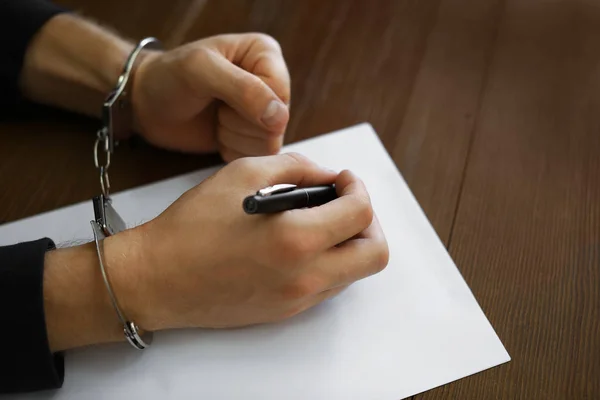Having a positive mindset throughout a bail bond case can make all the difference in achieving a successful outcome. By staying informed, seeking support, and taking care of yourself, you can overcome any obstacles that may arise.
Securing a bail bond involves many different components, including co-signers, payment options, and collateral. This article will discuss these issues and help you decide which option is best for your situation. Learn 2024 bail bond costs on this website for comprehensive guide, insights and tips for understanding bail bond expenses.
The Application Process
Those who seek bail bonds services need to complete several steps, including filling out paperwork and providing collateral. They must also commit to attending all of their court proceedings. If they fail to appear, a bail bond company may forfeit the cash or property it pledged on their behalf.
Often, individuals facing legal issues are overwhelmed and anxious, requiring compassion and guidance to navigate the process. By curating content that emphasizes empathy, good communication and discretion, a bail bond business can position itself as not just a service provider, but a caring guide through troubled waters.
Establishing trust is important for any business, but it’s particularly vital in the bail bonds industry. Bail bond companies must communicate clearly with clients, answer questions promptly and keep them updated on any changes in their case. This way, they can encourage their clients to be responsible by following the terms of their bail bond agreement. It is also a best practice for bail bondsmen to request a form of identification from their clients prior to writing the bond.
Collateral
A bail bond is a guarantee that the defendant will appear in court as required. Bail bond services take a risk to help people get out of jail and they need assurances that their investment will be paid back. To that end, they typically require collateral — cash or property such as the deed to a home or car – that the indemnitor (usually the defendant’s friend or family member) gives to the bail agent to keep.
The value of the collateral must be equal to or higher than the amount of the bond plus the bail bondsman’s fee. Collateral can include items like houses, cars, cash, and even jewelry. The defendant may also have to sign a contract and agree not to leave the state while on bail. Co-signing a bail bond is a significant responsibility that should not be taken lightly. There are alternative options that should be explored before agreeing to co-sign.
Payment Options
Although cash is the most common payment option, there are other options that are sometimes available. These include credit cards and wire transfers. Domestic wire transfers are usually easier to verify because they leave your bank and arrive in the bail bondsman’s account. Credit cards are also efficient because they are quicker than cash payments and allow you to avoid long lines at the ATM.
If you don’t have enough cash to cover the total bail amount, the bail bond company can still help you by accepting your property as collateral. You can use your home, car, or other valuables as collateral for the bond. However, the collateral that you provide should be something you have the right to transfer ownership of. For example, a house that you own jointly with your spouse would not be considered suitable collateral. You should check with your local bail bondsman to determine the specific requirements for securing a bail bond using collateral.
Repayment
If you need to post bail for a loved one but don’t have enough cash on hand, it’s a good idea to contact a local bonding agency about their policies on payment plans. You may find that they are more flexible in establishing reasonable terms than you originally anticipated.
Typically, they will require that you or your loved one make a down payment of around 10% of the total cost of the bond. You will also likely have to pledge collateral to secure the remainder of the bond. This could include anything from real property (buildings, land and deeds) to jewelry, vehicles or other personal assets. If your loved one fails to appear in court, the bondsman will forfeit the collateral to the courts to cover the amount owed. This will not only free your loved one from jail, but it will also satisfy the bond company’s service fee. Then they will return the collateral to you promptly.
